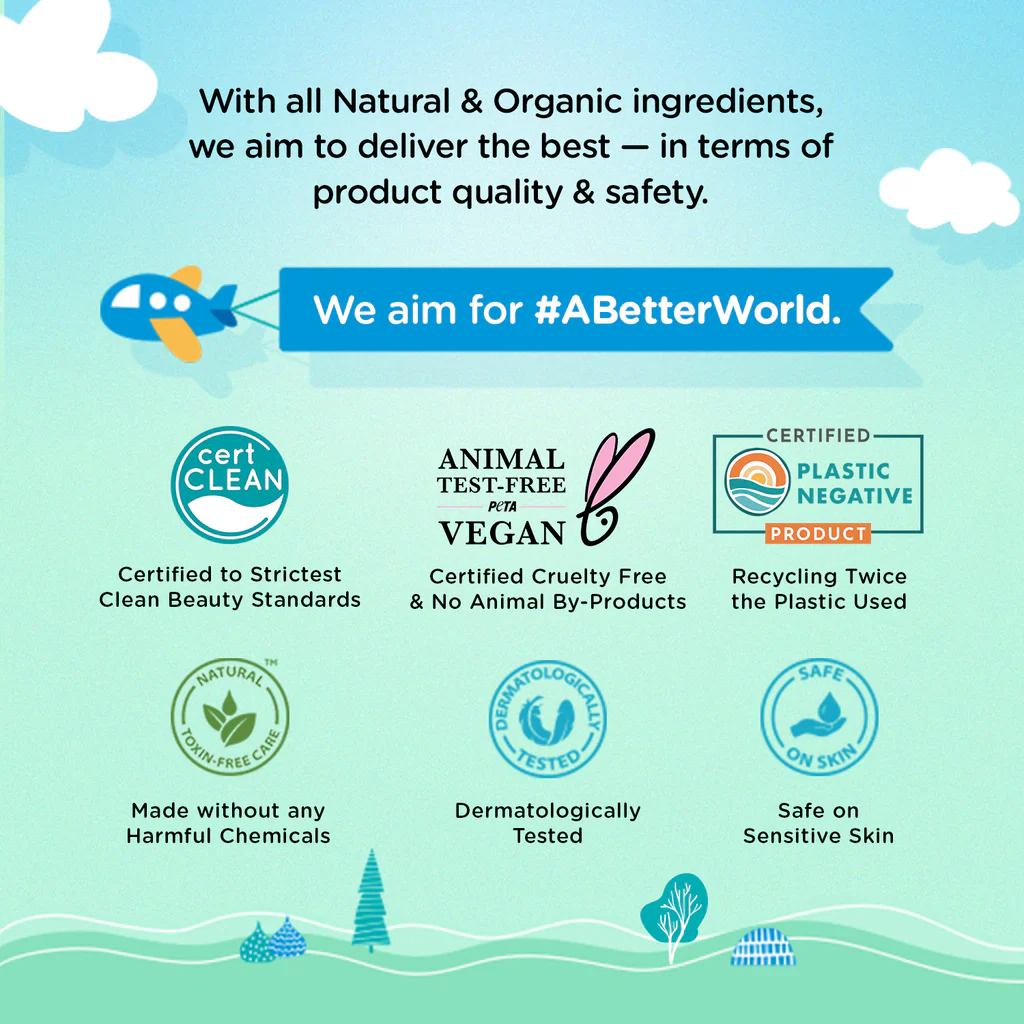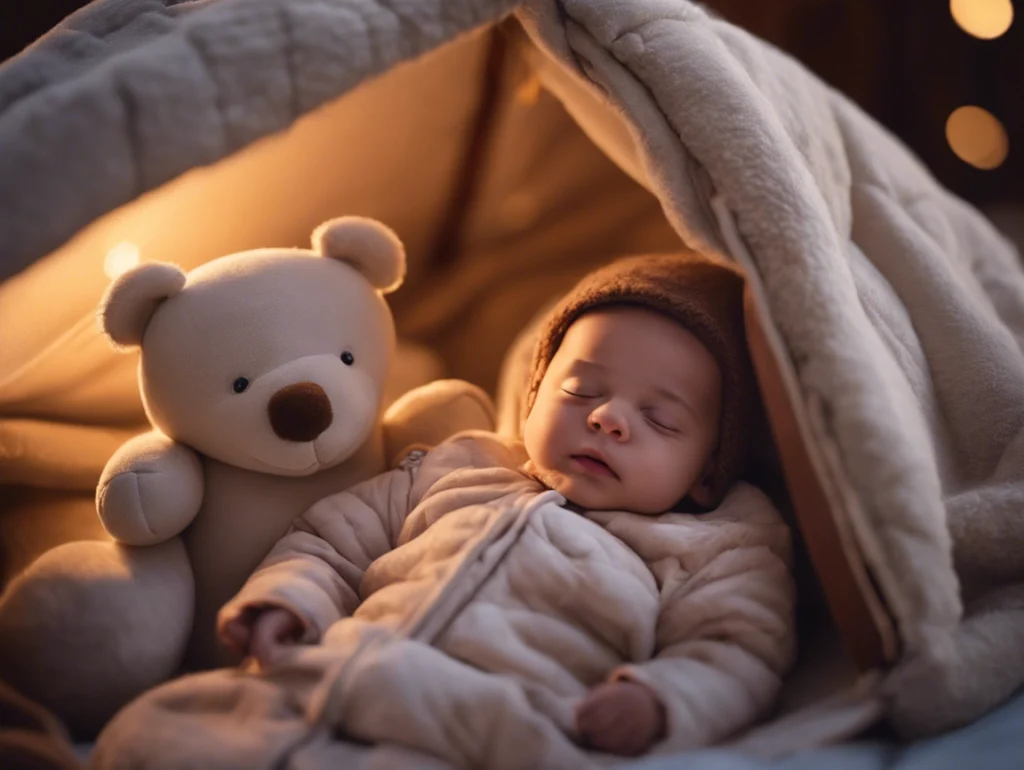If you’re in the business of baby products—whether it’s cute baby clothes, safe toys, or eco-friendly feeding gear—there’s one thing you can’t overlook: safety certifications. These aren’t just a “nice to have” in your product lineup—they’re a legal necessity to ensure that your products meet the strictest standards of safety and quality for your little customers.
So, whether you’re a manufacturer, supplier, or brand owner, knowing which safety certifications are required for selling baby products in the USA and Europe is crucial. But don’t worry! We’ll guide you through this process, explain the key certifications, and give you a couple of pro tips along the way to ensure your baby products are as safe as they are adorable!

Safety Certifications in the USA 🇺🇸: CPSC & ASTM
In the United States, baby products are heavily regulated to protect the little ones (and to keep parents from losing sleep). A product must meet specific safety standards set by regulatory bodies like the Consumer Product Safety Commission (CPSC) and ASTM International to be legally sold in the USA. So let’s break it down:
1. CPSC (Consumer Product Safety Commission)
The CPSC is the USA’s chief regulatory body responsible for overseeing consumer products’ safety, including baby products. It enforces regulations related to hazardous substances and testing to ensure children’s safety.
- What Does CPSC Do?
- Regulates toys, car seats, cribs, and other baby items.
- Requires testing for lead, phthalates, BPA, and other harmful chemicals.
- Monitors recalls and unsafe product reports.
- Makes sure baby products meet mandatory safety standards.
Key CPSC Regulations for Baby Products:
| Product Type | Required CPSC Certifications |
|---|---|
| Cribs & Bassinets | Must meet CPSC’s crib safety standards to prevent strangulation or suffocation. |
| Toys | Must pass CPSC testing for lead, phthalates, and choking hazards. |
| Baby Car Seats | Must comply with FMVSS 213 safety standards for impact protection. |
| Feeding Products | Must meet FDA standards for materials like BPA-free plastics. |
2. ASTM (ASTM International)
The ASTM is a non-governmental organization that creates voluntary standards for a wide range of products, including baby gear. Many of the CPSC’s requirements for baby products are based on ASTM standards. However, compliance with ASTM isn’t mandatory unless the CPSC enforces it.
- What Does ASTM Do?
- Sets safety guidelines for baby products like toys, baby carriers, strollers, and playards.
- Publishes detailed testing protocols to ensure non-toxic and safe materials.
Notable ASTM Standards:
| Product Type | Required ASTM Standards |
|---|---|
| Car Seats | ASTM F2050 for child restraint systems (car seats). |
| Toys | ASTM F963: Toy safety standard, ensuring no small parts or toxic materials. |
| Playards | ASTM F406: Requires playards to be safe from suffocation risks. |
Safety Certifications in Europe 🇪🇺: CE Marking & EN Standards
Europe follows a slightly different set of regulations but with the same overarching goal: to keep babies safe. The CE Marking and EN (European Norm) Standards are the stars of the show in the EU.
1. CE Marking (Conformité Européenne)
The CE Marking is mandatory for products sold within the European Union. It indicates that a product has met the safety standards defined by European law, including those for baby products.
- What Does CE Marking Do?
- Ensures the product complies with European Union health, safety, and environmental protection standards.
- Applies to a wide range of products including toys, baby furniture, and feeding equipment.
- It doesn’t just mean the product is safe, but that it has undergone proper testing and evaluation.
2. EN (European Norm) Standards
The EN standards are created by the European Committee for Standardization (CEN), and they cover a wide array of baby product categories. Compliance with these standards is required for the product to legally bear the CE Marking.
Key EN Standards for Baby Products:
| Product Type | EN Standards |
|---|---|
| Toys | EN 71: Toy safety standard to ensure no choking hazards, sharp edges, or toxic materials. |
| Car Seats | EN 12786: Car seat standards to ensure proper protection in case of a crash. |
| Bassinets & Cribs | EN 1130: Safety requirements for cribs, ensuring safe design and stability. |
| Baby Strollers | EN 1888: Standards to ensure strollers meet durability and safety requirements. |
Which Certifications Do You Need for Baby Products in Both the USA and Europe?
If you’re selling baby products in both the USA and Europe, you need to ensure compliance with both sets of regulations. Let’s take a look at which certifications are universally required:
| Product Type | USA Certifications | EU Certifications |
|---|---|---|
| Toys | CPSC (ASTM F963) | CE Marking, EN 71 |
| Car Seats | CPSC (FMVSS 213) | EN 12786, CE Marking |
| Strollers & Pushchairs | ASTM F833, CPSC | EN 1888, CE Marking |
| Baby Cribs & Furniture | CPSC (crib standards) | EN 1130, CE Marking |
Pro Tips for Ensuring Compliance
- Know Your Market: Before manufacturing or selling, ensure you understand the specific regulations for your target market. CPSC for the USA and CE/EN for Europe.
- Testing Is Key: Make sure your products undergo third-party testing by certified laboratories to meet the required standards. Look for labs that are accredited under ISO 17025.
- Keep Documentation: Always maintain detailed records of all tests, certifications, and product designs. This will help in case of audits and recalls.
Conclusion: Safety First, Always!
When it comes to baby products, there’s no room for compromise on safety. Whether you’re selling in the USA or Europe, ensuring that your products meet the necessary certifications is crucial for protecting your brand, keeping babies safe, and building trust with parents.
So, if you’re launching a new baby product, remember to get familiar with CPSC, ASTM, CE Marking, and EN standards. It might seem like a lot, but once you have your certifications in place, you’ll be well on your way to offering safe, high-quality products to parents around the world.
If you’re looking for top-notch, safety-certified baby products, be sure to check out Endearing Baby for some of the safest and most trusted products on the market!

